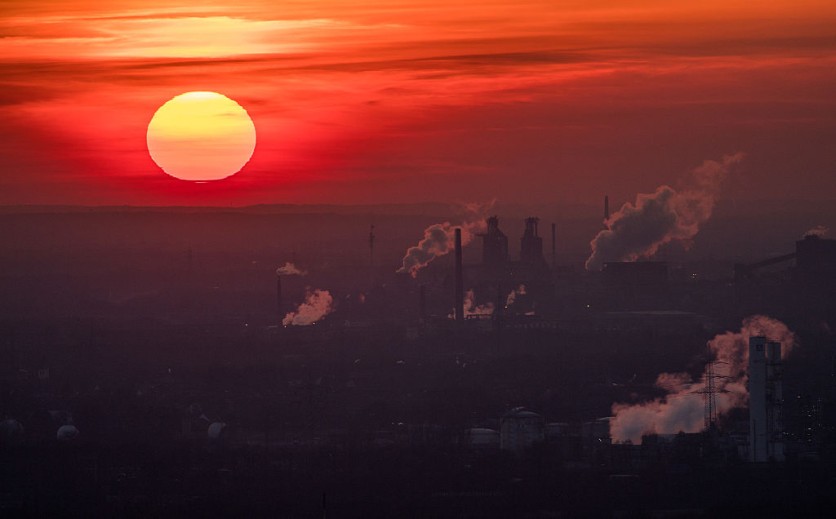In a world where contemporary concerns about climate change are reaching unprecedented levels of alarm, a recent study uncovers a profound historical connection between shifting climates and their impact on human populations during the Neolithic and Bronze Age epochs.

Connection Between Climates & Its Impact on Human Populations
This extensive research zeroes in on specific regions within Central Europe, delving into the historical narratives of the Circum-Harz area in central Germany, the Czech Republic/Lower Austria, and the Northern Alpine Foreland in southern Germany.
The goal was to unearth the intricate relationship between fluctuating climates and the adaptive responses of human populations in Neolithic Europe. The methodology applied in this investigation was multidimensional. Researchers meticulously scrutinized archaeological records and meticulously examined artifacts hailing from Central European regions.
To construct a comprehensive understanding of this intricate interplay between climate and human societies, Interesting Engineering reported that geological climate data was also scrutinized with a discerning eye.
The findings of this study not only underscore the historical resonance of today's climate change concerns but also provide invaluable insights into the dynamic and adaptive nature of human societies in the face of environmental challenges.
The fascinating relationship between historical climate shifts and their influence on ancient populations in Central Europe illuminates how our ancestors navigated a world where the climate was anything but stable.
As per Phys.org, he enriches our knowledge of human resilience and adaptation, transcending the boundaries of time and lending a unique perspective on the pressing issue of climate change that continues to shape our world today.
The research endeavor embarked on an extensive exploration, amassing a staggering archive of over 3,400 published radiocarbon dates originating from archaeological sites concentrated within key European regions.
This voluminous dataset served as a pivotal resource, as the researchers employed a strategic rationale: larger populations are inherently associated with a greater volume of materials and artifacts, thereby yielding a more extensive array of dated evidence.
Findings of the Study
Furthermore, the scientists skillfully harnessed climate data derived from cave formations within these regions, offering invaluable insights into the climatic conditions of antiquity. The comprehensive temporal scope of this investigation stretched from 3550-1550 BC, encompassing the transition from the Late Neolithic era to the dawn of the Early Bronze Age.
This groundbreaking study, interweaving archaeological records, radiocarbon dating, and geological climate data, not only affirms the profound historical resonance of climate change but also enriches our comprehension of the intricate interplay between environmental factors and human societies.
EurekAlert reported that the researchers' statement succinctly conveyed a compelling insight, stating that in periods of cold and arid climates, populations frequently dwindled, occasionally marked by significant cultural transformations.
This included potential indications of growing social disparities, exemplified by the emergence of 'princely burials' for select individuals within the Circumharz region. The study's revelations highlighted the intricate interplay between changing climates and the evolutionary trajectories of human populations throughout history.
Nonetheless, the authors pragmatically acknowledged specific limitations within their research, intimating that the precision of the data might be susceptible to constraints inherent in the archaeological documentation of these regions. Furthermore, they emphasized the necessity of additional data to authenticate these discoveries.
Related Article : Climate Change at its Worst, "Time is Up" Says Global Scientists

ⓒ 2026 TECHTIMES.com All rights reserved. Do not reproduce without permission.




